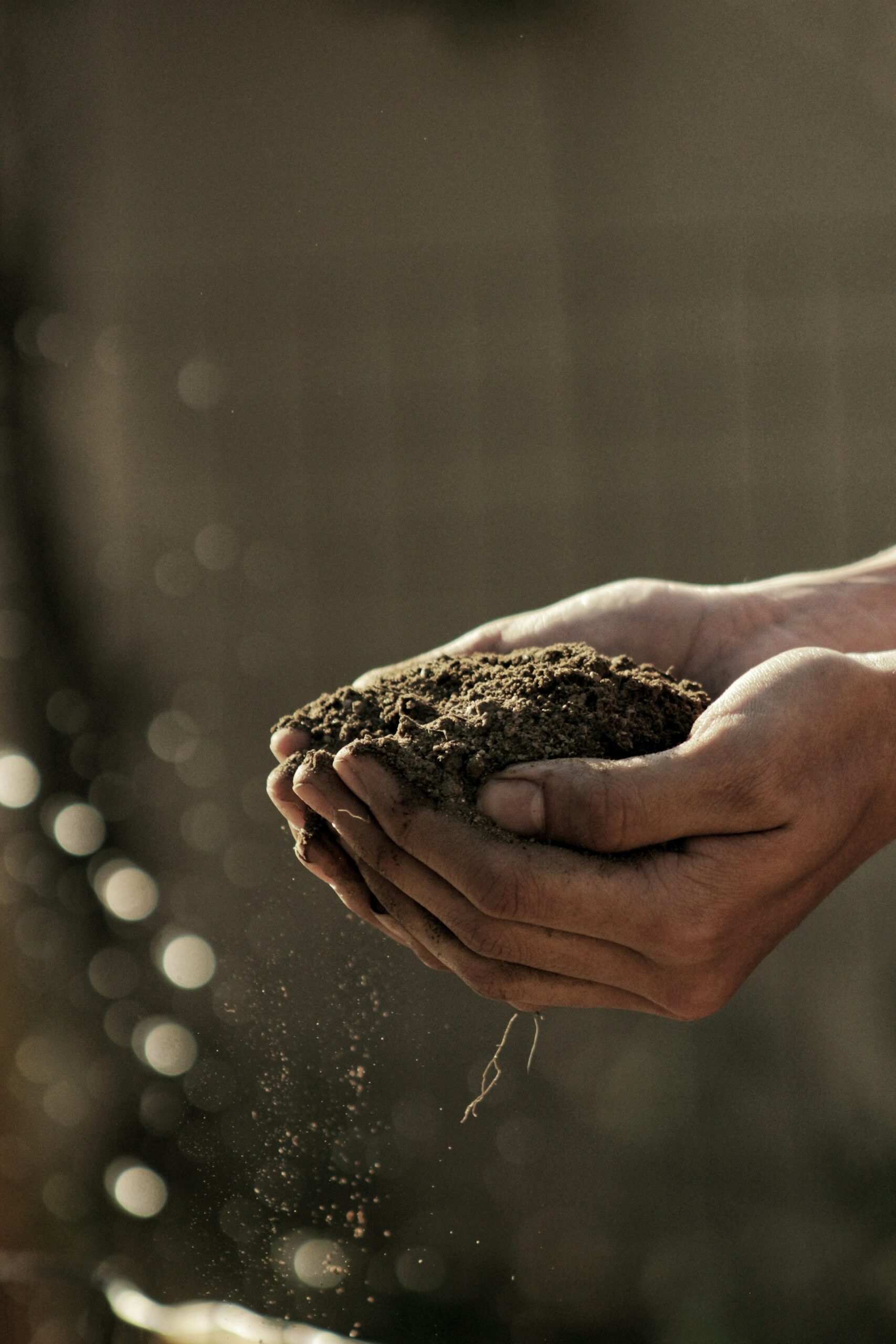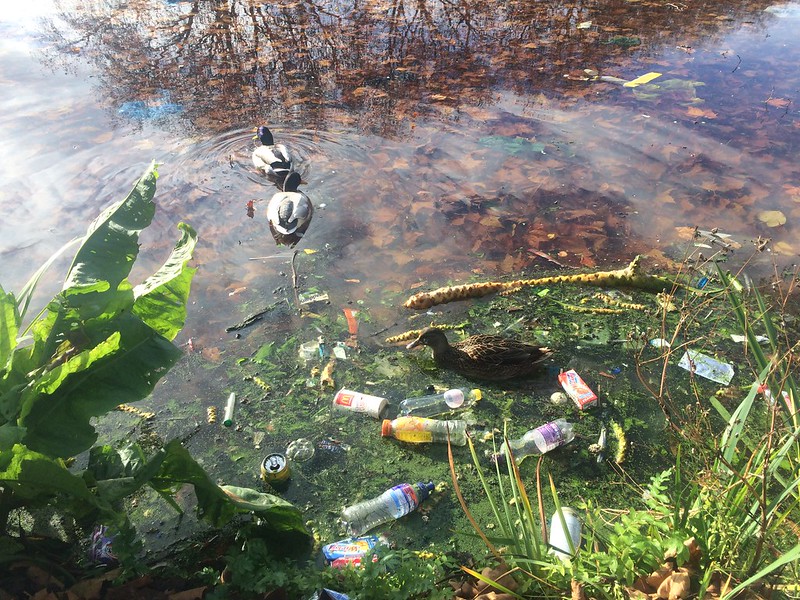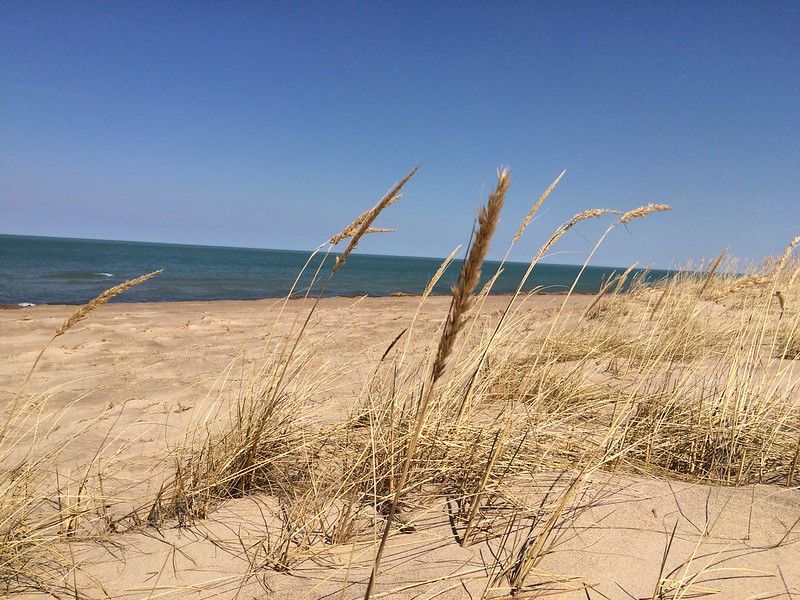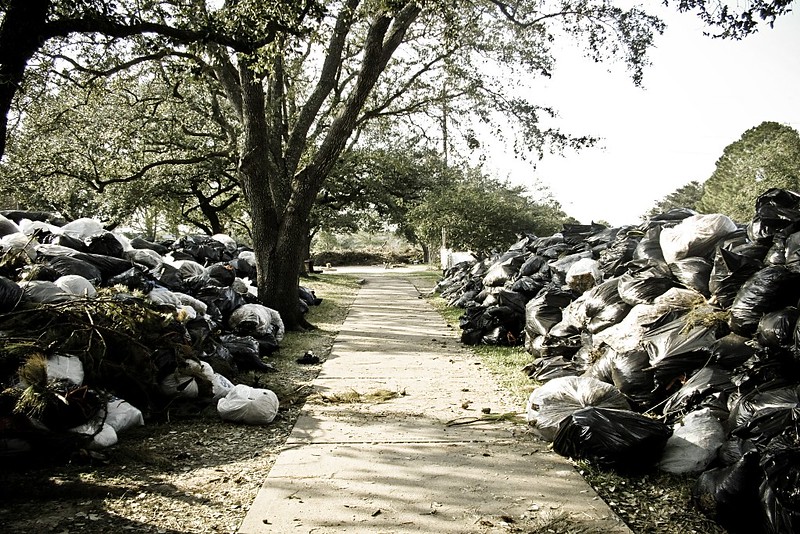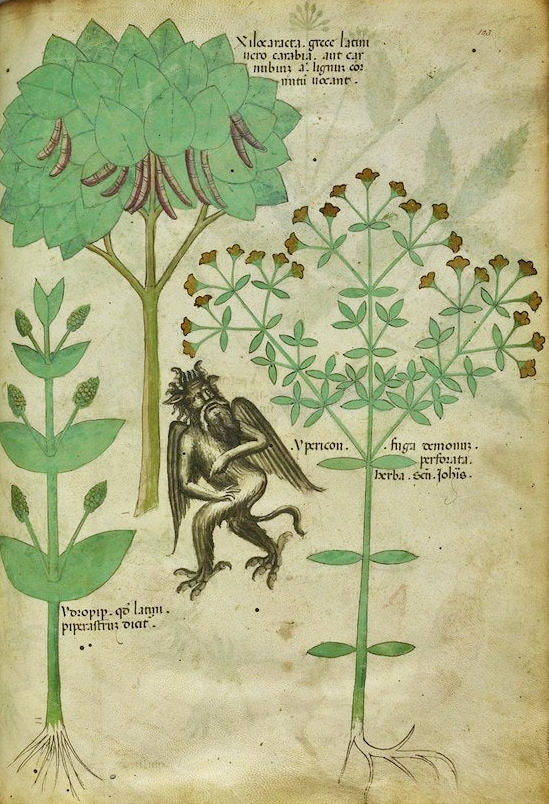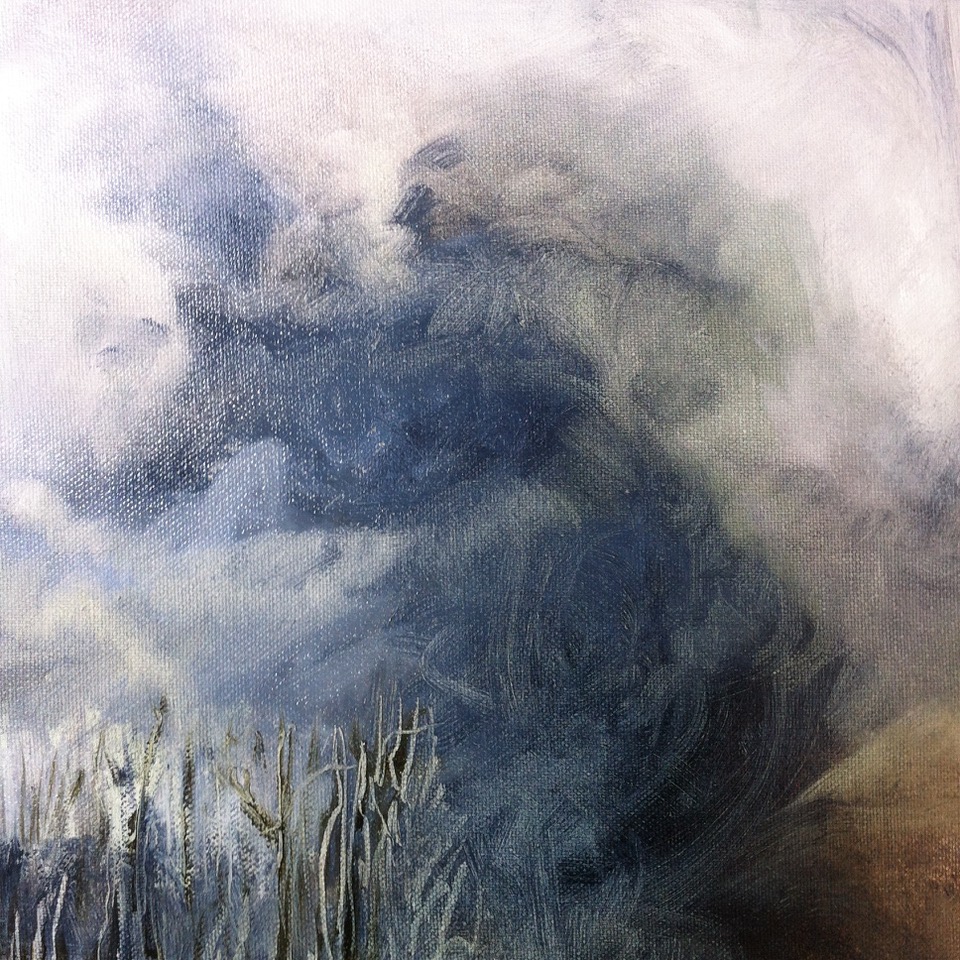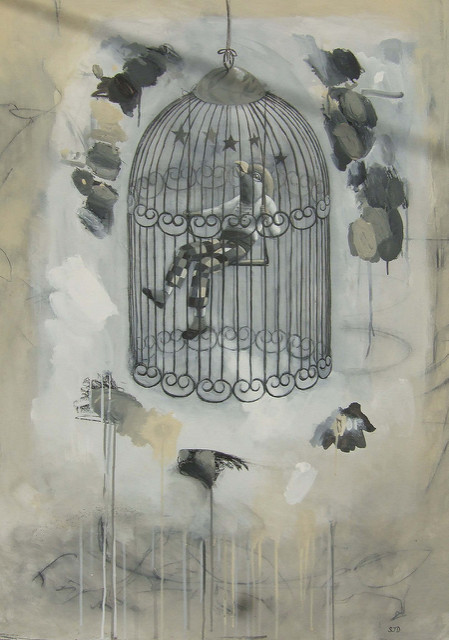Throwaway
By Karen Kilcup
Who would want to live in a world which is just not quite fatal? –Rachel Carson
A one-woman Revolution,
Jemima Wilkinson was stoned
for preaching the light that lives
in everyone. The Public Universal Friend
was driven north from Philadelphia
to the Finger Lakes, her movement forecasting
what would follow: women’s rights,
abolition, the Underground Railroad.
Today the monstrous trucks lumber north
with New York City’s trash, creating
a mountain baptized Seneca Meadows,
leaving a trail of sludge and garbage that leaches
slowly into the lakes, their stretched-out
digits trying to grasp what it all means,
will mean, in a moment when land and water
and history are for sale by the Town Council,
which spews the gospel of lower taxes
and buries ever deeper the women
of Seneca Falls, Seneca Lake,
and the sparkling railroad that carried
so many to fresh futures.
In this place, this time, what does clean mean?
What—or who—is dirty? Will we push
the plastic and the people underground
for good, or will the glacial hands
that hold the Haudenosaunee
send the refuse down, down,
until it returns elsewhere
in poisoned protest?
Poet’s note: A Quaker known by many as the Public Universal Friend, Jemima Wilkinson fled the ostensibly liberal city of Philadelphia shortly after the American Revolution, joined by devout followers who saw her as a spiritual guide. Susan Brind Morrow’s story in The Nation, “The Finger Lakes Are Being Poisoned,” ironically parallels Wilkinson’s flight to the appalling movement of diesel trucks that carry New York’s waste to the formerly pristine region that is home to centuries of Iroquois (Haudenosaunee) people, as well as to some of America’s most important movements for social justice advanced by Native Americans, women, and enslaved people—all historically considered subhuman and “dirty.”
A teacher and writer for more than forty years, Karen Kilcup is the Elizabeth Rosenthal Professor of American Literature, Environmental & Sustainability Studies, and Women’s, Gender, & Sexuality Studies at UNC Greensboro. She feels fortunate to work with many students of color, first-generation students, and LGBTQI+ students at this Minority-Serving Institution. Their courage and imagination inspire her and give her hope. Her forthcoming book, winner of the 2021 Winter Goose Poetry Prize, is titled The Art of Restoration.
Photograph by OwlPacino via a Creative Commons license.
A note from Writers Resist:
Thank you for reading! If you appreciate creative resistance and would like to support it, you can make a small, medium or large donation to Writers Resist from our Give a Sawbuck page.

